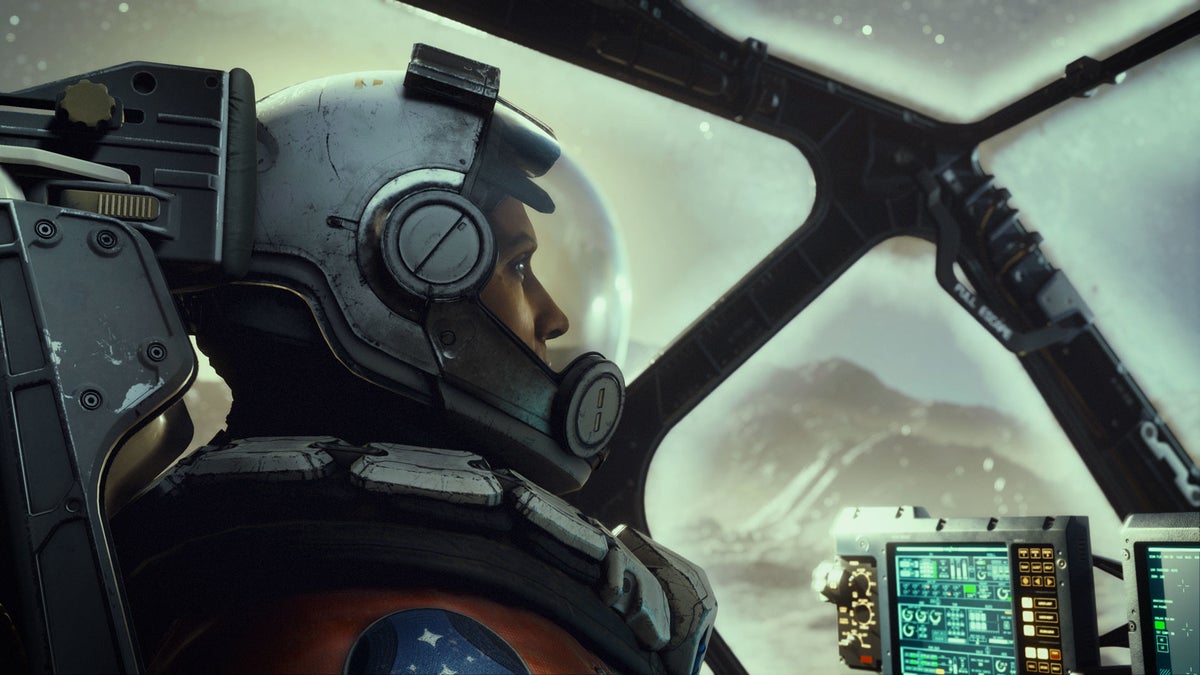
It’s looking increasingly unlikely Starfield will have the quite same kind of longevity as its Bethesda RPG stablemates, but that isn’t discouraging the studio from continuing to tinker with the space adventure’s core – and one intriguing addition Bethesda has now confirmed is that “new ways of traveling” are coming at some point in 2024.
Bethesda teased new modes of travel in an update shared on Reddit to accompany the launch of a small patch addressing Starfield’s “pet-asteroid” bug – which has amusingly caused some players to be relentlessly followed across the solar system by doggedly persistent space rocks.
“We’ve been hard at work on many of the issues you’ve posted,” Bethesda explained in its message to players, “and expect an update early next year that will include a large number of ‘in-progress’ quest fixes as well as FSR3 and XeSS. Though we fixed several quest issues from occurring, in-progress quest fixes are much harder to fix and we’ve built a new system to correct those without you having to roll back your save.”
So far so moderately interesting, but then Bethesda starts talking about the new stuff; “We’re also hard at work on many of [the] new features you asked for, from city maps, to mod support, to all new ways of traveling (stay tuned!),” it continued, adding, “these will be rolling out with a regular cadence of fixes and updates we expect to have roughly every six weeks.”
Exactly what these “new ways of traveling” might entail does, regrettably, remain unclear. Starfield’s endless loading screens have been criticised for robbing the game of any meaningful sense of exploration, but it seems unlikely Bethesda would be willing or able – given Starfield’s engine limitations – to overhaul space travel in any significant capacity. Whatever it has in store – I’m gonna go with moonscooters – don’t expect to hear anything more until the new year.
“Starfield pairs near-impossible breadth with a classic Bethesda aptitude for systemic physics, magnetic sidequests, and weird vignettes,” Eurogamer deputy editor Chris Tapsell wrote in his three star review earlier this year, “But in sacrificing direct exploration for the sake of sheer scale, there’s nothing to bind it together.”
